Transportation is an essential aspect of our daily lives, enabling us to connect with people, places, and opportunities. Over the years, advancements in technology and innovation have given rise to new types of transportation, revolutionizing the way we move. In this blog post, we will delve into the exciting world of emerging transportation modes, exploring their potential and impact on our future.
- Electric Vehicles (EVs):
Electric vehicles have gained significant traction in recent years, offering a cleaner and more sustainable alternative to traditional gasoline-powered cars. With advancements in battery technology, EVs now boast longer ranges and faster charging times. Additionally, the development of charging infrastructure has made owning an EV more convenient. From compact cars to electric buses and even electric planes, the possibilities for electric transportation are expanding rapidly. - Hyperloop:
The Hyperloop concept, proposed by Elon Musk, promises to revolutionize long-distance travel. This futuristic transportation system involves pods traveling through low-pressure tubes at high speeds, reaching up to 700 mph (1126 km/h). By eliminating air resistance and friction, the Hyperloop could potentially reduce travel times significantly. Several companies are actively working on developing and implementing this groundbreaking technology. - Autonomous Vehicles (AVs):
Autonomous vehicles, also known as self-driving cars, have the potential to transform the way we commute. With advanced sensors, artificial intelligence, and machine learning algorithms, AVs can navigate roads without human intervention. Besides enhancing safety and reducing accidents, self-driving cars can optimize traffic flow, reduce congestion, and improve fuel efficiency. Companies like Tesla, Waymo, and Uber are at the forefront of this transformative technology. - Vertical Takeoff and Landing (VTOL) Aircraft:
VTOL aircraft, commonly known as flying cars or air taxis, are poised to revolutionize urban transportation. These electric-powered aircraft can take off and land vertically, eliminating the need for traditional runways. With the ability to bypass traffic congestion, VTOLs offer a faster and more efficient mode of transportation for short to medium distances. Companies like Uber, Airbus, and Volocopter are actively developing prototypes and conducting test flights. - Hyperloop for Freight:
While the Hyperloop concept primarily focuses on passenger transportation, its potential for freight is equally promising. Hyperloop cargo systems could revolutionize logistics, enabling faster and more efficient movement of goods. By leveraging the same technology used for passenger pods, freight capsules could transport goods at unprecedented speeds, reducing delivery times and costs significantly.
Conclusion:
The transportation landscape is undergoing a remarkable transformation, driven by technological advancements and a growing need for sustainable and efficient mobility solutions. From electric vehicles and Hyperloop to autonomous vehicles and VTOL aircraft, these new types of transportation hold immense potential to reshape our future. Embracing these innovations will not only enhance our daily commutes but also contribute to a greener and more connected world. So, fasten your seatbelts and get ready for an exciting journey into the future of transportation!

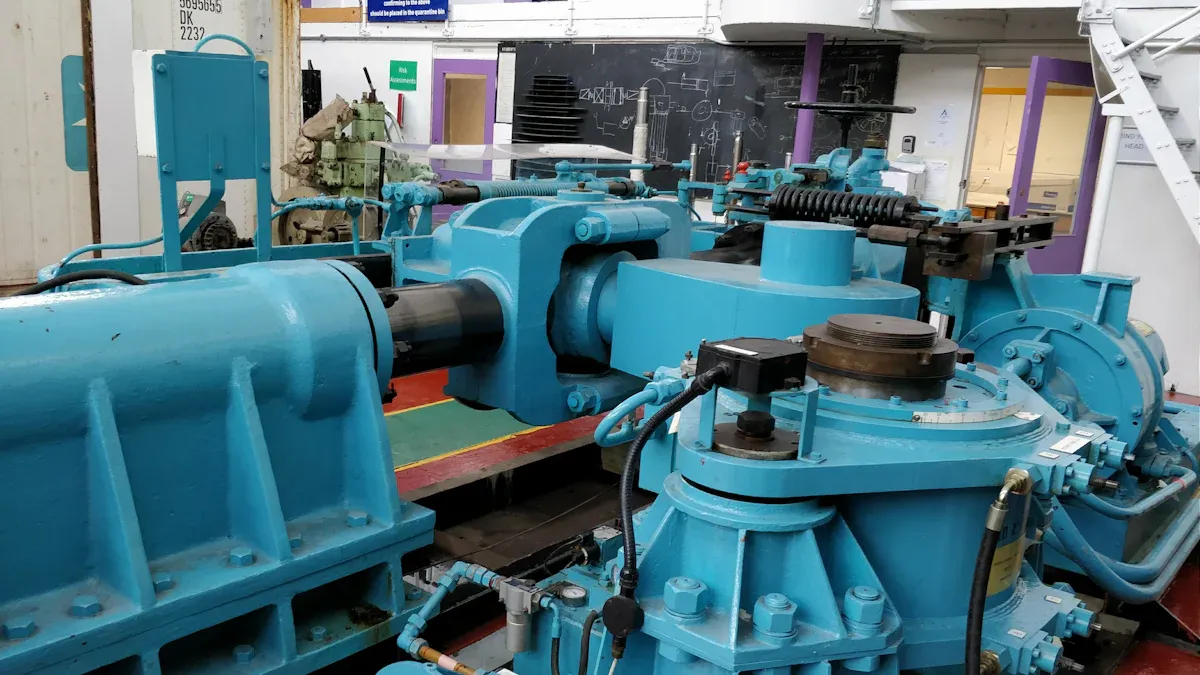

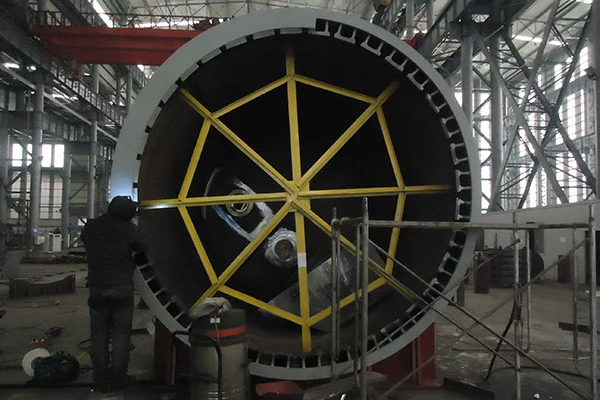

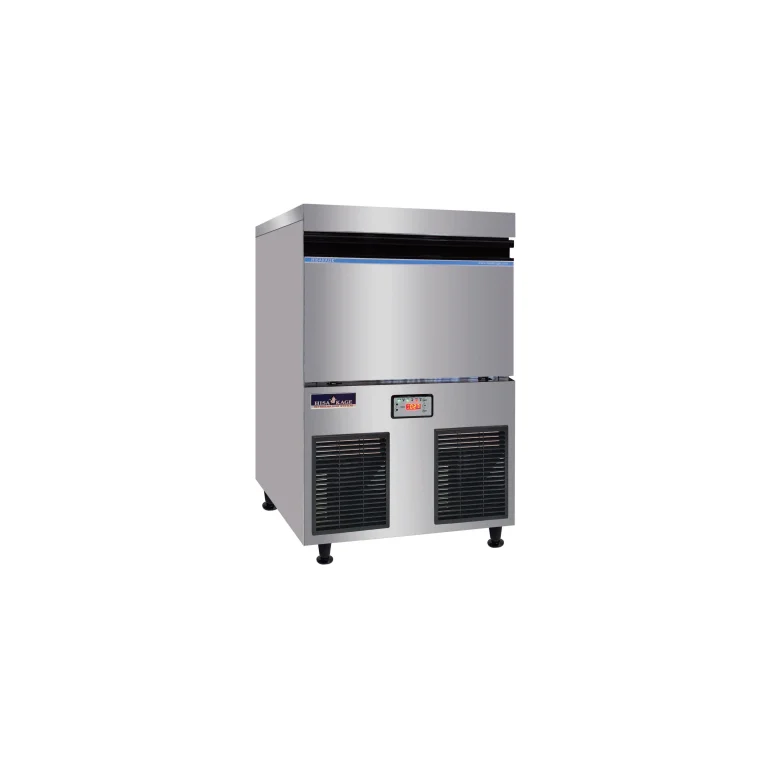
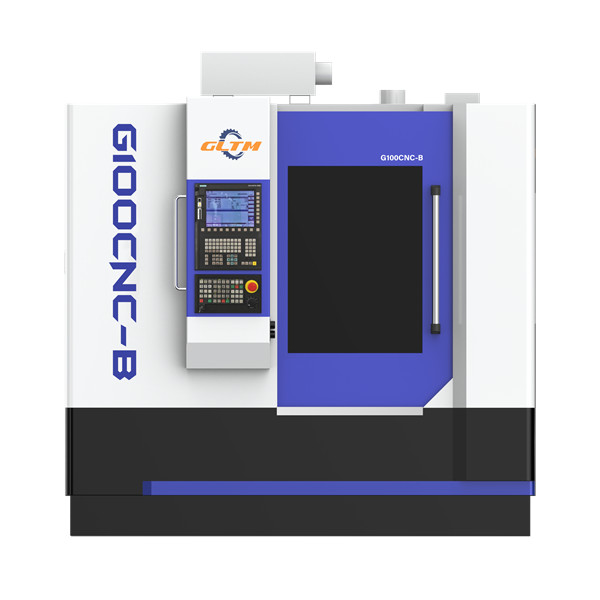

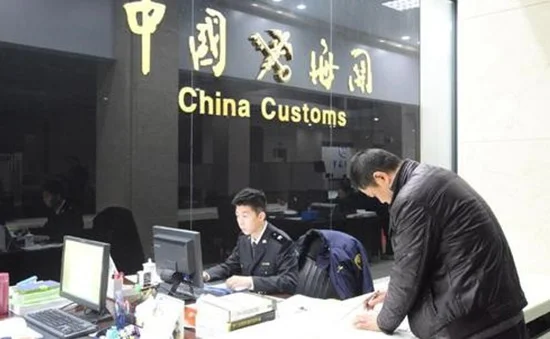

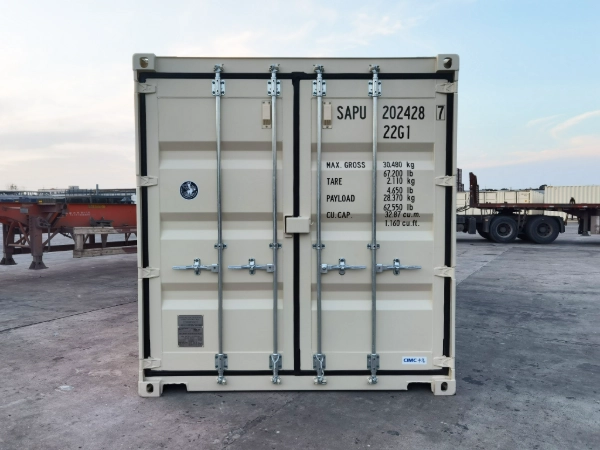
+ There are no comments
Add yours